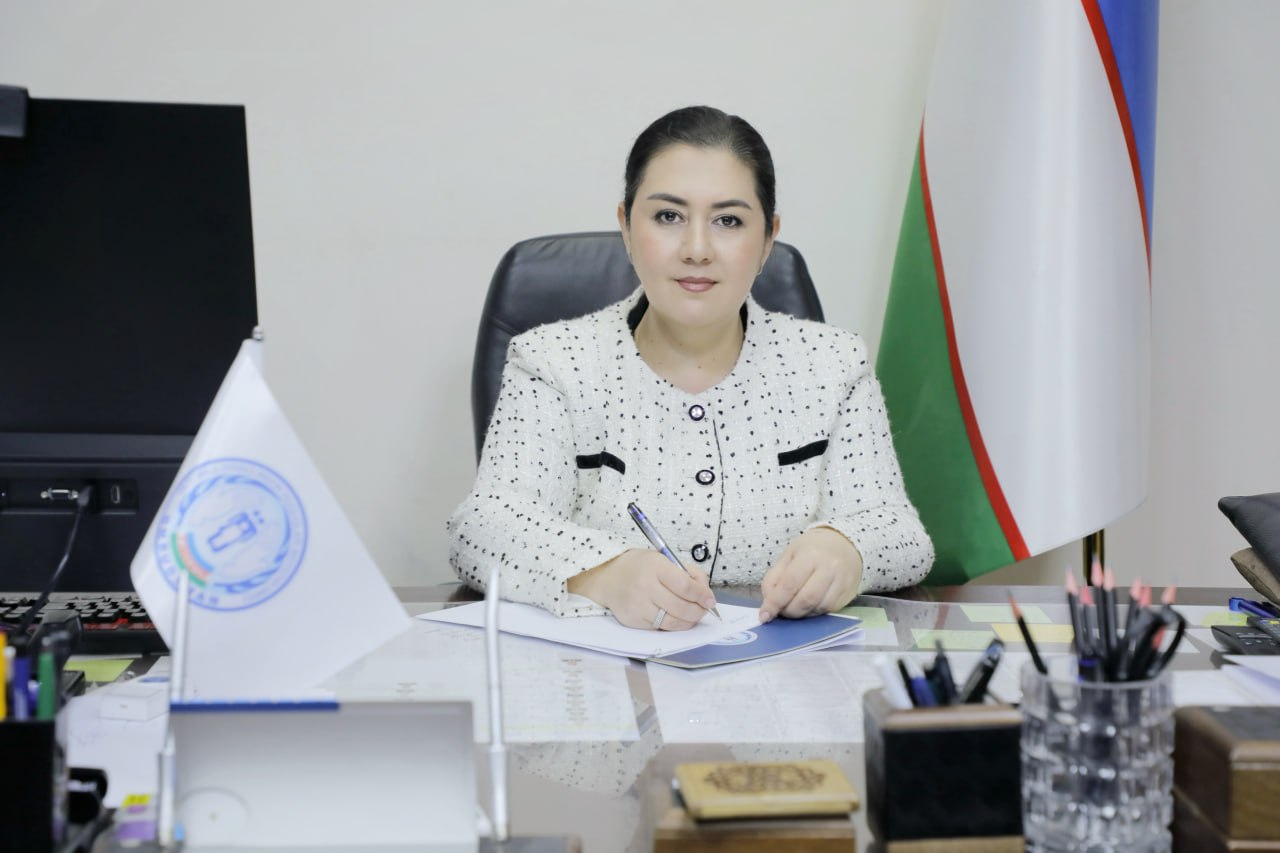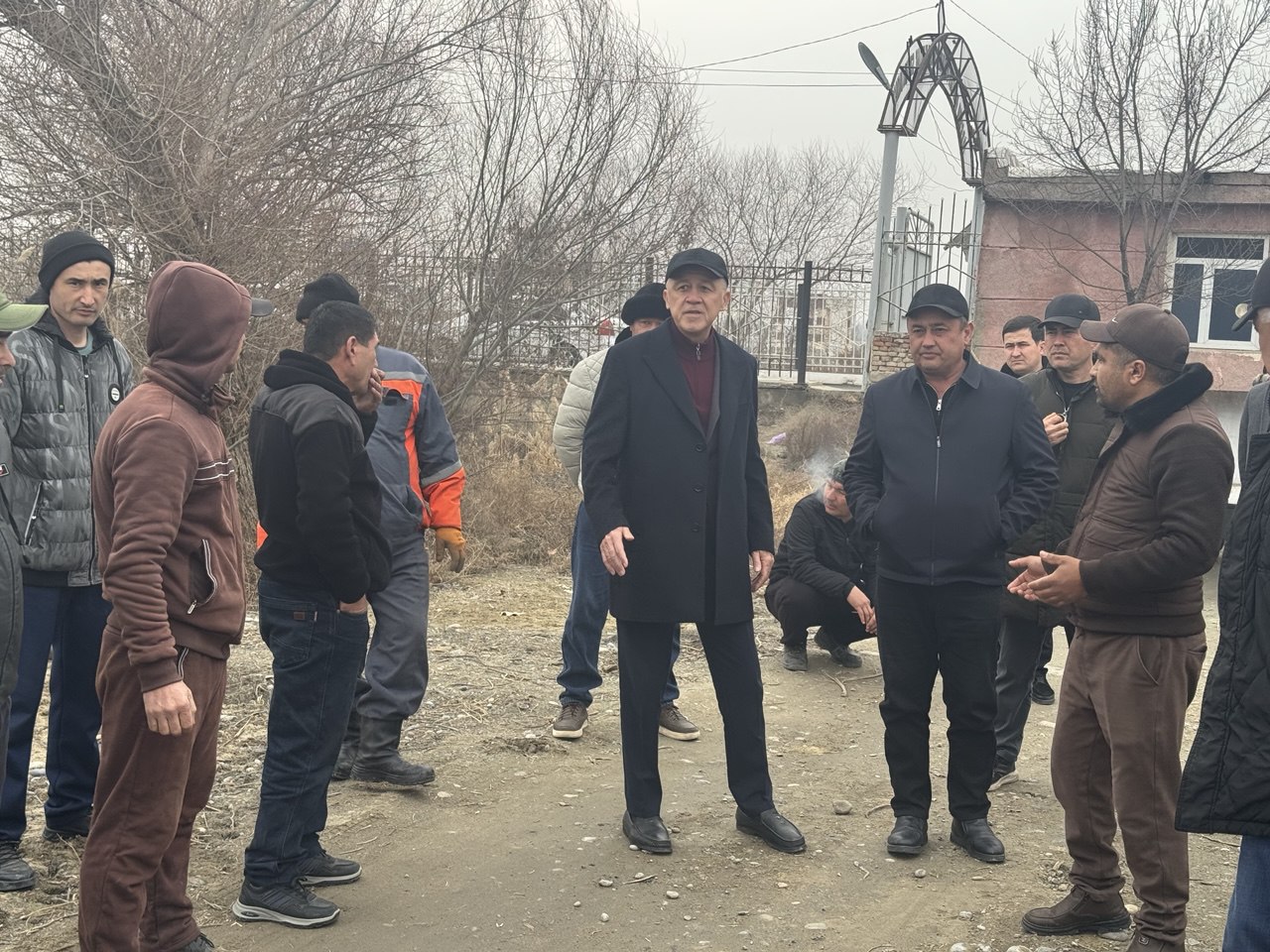In addition, a number of gender-related documents were adopted to ensure equality between women and men and to strengthen the family institution. These programmatic documents established numerous legal foundations and opportunities for the individual and society, and today their implementation is being ensured in practice. Furthermore, following a nationwide referendum, an updated Constitution was adopted, through which Uzbekistan declared itself a social state. This established the guaranteed responsibility of the state for ensuring a decent life for every citizen. A social state means a society where human interests are prioritized, equal opportunities in education and healthcare are provided, and low-income and vulnerable groups are given consistent support. The new Constitution also introduced additional guarantees for the protection of human rights and freedoms, while further strengthening the accountability of state bodies before citizens. On the initiative of the Head of State, “Inson” Social Service Centers operating under the National Agency for Social Protection are carrying out systematic work to identify the most vulnerable groups of the population and provide them with targeted assistance. Through these centers, the problems of needy families are studied on the ground, and they are provided with material, legal, medical, and psychological support. Most importantly, no citizen is left alone with his or her problem. In our society, there are still children and women who experience violence. This is a fact. At the same time, however, mechanisms of protection to prevent such cases are being consistently strengthened in our country. Ensuring human rights is not a one-time event but a continuous process. With the changing times, new threats and challenges may emerge, yet the state always stands firm in supporting and protecting its citizens. For this purpose, legislation on the protection of women and children from violence has been improved, and measures of administrative and criminal liability have been strengthened. Today, women who have suffered from violence are choosing not suffering and humiliation, but a safe and free life. The state provides women with moral, psychological, and material support, trains them in professions, and assists them in employment. If they wish to purchase housing, subsidies may also be allocated. This is a practical demonstration of supporting women not as victims, but as free and independent individuals. Uplifting human dignity does not end with protection from violence or social support. Another vital pillar of this value is education. For a person, true opportunity lies in knowledge and literacy. To this end, the system of admission to higher education institutions in our country was fundamentally reformed. Previously, an applicant could apply to only one higher education institution, whereas now they can apply to five universities simultaneously. According to recent changes, even those who could not make use of these five opportunities are now given another chance. The admission process has become fully transparent, and the education system has been freed from corruption. Today, high standards are demanded not only from pupils and students but also from teachers. Systematic programs for professional development are being implemented for them. In short, today’s youth have the opportunity to build their future with their knowledge and abilities. Among those who seized this opportunity were 2,000 Uzbek youth who, in August 2025, simultaneously assembled robots and broke a Guinness World Record. This remarkable achievement is the fruit of well-chosen reforms in the education system. It should be emphasized that environmental issues have become one of the greatest global concerns today. Air pollution, climate change, depletion of water and land resources — these are global threats facing humanity. Therefore, the UN General Assembly constantly calls for environmental protection through the Sustainable Development Goals. Many developed countries are implementing large-scale programs to transition to renewable energy, develop the green economy, and reduce waste. Unfortunately, the negative impacts of these problems have also begun to be felt in Uzbekistan. In particular, air pollution poses a serious threat to public health. After all, the basic condition of human life and activity is a healthy environment and clean air. The foundation of a healthy generation, a sustainable economy, and a prosperous society lies in this clean air and unspoiled nature. That is why 2025 has been declared the “Year of Environment and Green Economy.” Through the programs of this year, our cities and villages are being greened, millions of trees are being planted under the “Green Space” movement, and modern technologies are being introduced to ensure clean air. Strict requirements have been imposed on large enterprises and factories, construction works, and other main sources of air pollution. The experience of developed countries shows that sustainable socio-economic development, increased welfare of the population, and the growth of human capital are closely linked with the reliable and effective protection of human rights. Accordingly, the Institution of the Commissioner of the Oliy Majlis for Human Rights (Ombudsman) holds a strong position in reviewing complaints of human rights violations, developing proposals and recommendations for improving legislation and practice, and raising citizens’ legal awareness. A vivid example of this is the growing number of appeals. In 2024, more than 23,000 appeals were received by the Ombudsman. Based on their analysis and field studies, submissions, opinions, and lawsuits were filed with state bodies and courts. Most importantly, the majority of them were resolved positively. In addition, the number of monitoring visits to prevent torture has been increasing every year: 381 in 2022, 603 in 2023, and 902 in 2024. This reflects the strengthening of oversight and the system’s growing need for openness and accountability. Representatives of civil society and the media also participate in the monitoring visits, ensuring transparency of the process. By Presidential decree, following the results of monitoring visits to closed institutions and the recommendations made by the public, in 2024 a 50-bed women’s unit was opened at Specialized Hospital No. 23 for convicted persons. In Karakalpakstan, the old narcological dispensary was moved to a more suitable building, while the psychiatric dispensary in Ellikkala district was renovated and a psychotherapy room established. In several regions, temporary detention centers and investigative isolators were repaired, and rooms for long-term visits were created. As a result, more humane conditions were provided for convicts and detainees. Furthermore, based on submissions made in 2025, 176 million soums were allocated for the renovation of the “Muruvvat” care home in Bukhara, and more than 1.67 billion soums for the Republican Psychiatric Hospital. Detoxification centers in Khodjeyli and other districts were renovated, while the working and living conditions of convicts were improved. Many more such examples can be cited. In 2024 alone, following monitoring visits, 56 employees were subjected to disciplinary measures for identified shortcomings, some were fined or dismissed. This demonstrates that oversight and accountability are working in practice. Overall, if we compare the conditions in closed institutions with restricted freedom five years ago and today, we can observe significant changes. At the heart of these results lies the policy of “For Human Dignity” being implemented in our country. Indeed, ensuring human rights and legitimate interests is the highest goal of the state and society. It should be noted separately that a series of legislative reforms have been implemented in our country to ensure the rights of convicts and detainees in line with international standards. Since 2019, the UN General Assembly resolution adopting the “Standard Minimum Rules for the Treatment of Prisoners” (Nelson Mandela Rules) has been incorporated into our national legislation. According to it, convicts have been granted the right to psychological assistance, additional phone calls and meetings with relatives for those suffering from severe illness, while disciplinary penalties for violations committed during mental health crises were abolished. Since 2019, deductions for social insurance have not been withheld from prisoners’ wages, ensuring their pension entitlements. In closed colonies, the number of phone calls and meetings was doubled. In 2023, amendments to the Criminal-Executive Code established that prisoners’ work experience counts towards their overall employment record, granted them the right to use sign-language interpreter services, expanded living space for persons with disabilities of groups I and II, and imposed the obligation to provide them with necessary equipment. In addition, a system of employment for convicts according to their gender, age, health, ability to work, and profession has been introduced, which is a vivid expression of the principle of humanism in our country. Uzbekistan, as a social state, is not only creating decent living conditions for its citizens, but also providing opportunities for Palestinian guests who have found refuge here to start a new life. By Presidential decree, they are being provided with housing, social benefits, education, and medical services. Pensions are allocated for the elderly, while the able-bodied are trained in professions and involved in entrepreneurship programs. The introduction of an immediate disability recognition mechanism for seriously ill guests was an important step to ensure they are not left without social protection even for a single day. These measures gave them not only shelter but also the opportunity to begin a new life in peace and security. Uzbekistan’s resolute steps in ensuring human rights have also been highly recognized by the international community. In 2024, during his visit to our country, UN Secretary-General António Guterres specifically emphasized that our state is moving forward with determination in guaranteeing the rights and interests of its citizens. Moreover, representatives of foreign countries and international organizations who attended international conferences organized by the institution this year also highly valued the reforms in our country. Ombudsmen of Australia, Azerbaijan, Hungary, Italy, Kazakhstan, Kyrgyzstan, Morocco, Mongolia, Norway, Pakistan, Russia, Serbia, Thailand, Turkey, Tajikistan, as well as representatives of the International Ombudsman Institute, the European Ombudsman Institute, and the Asian Ombudsman Association emphasized that Uzbekistan has incorporated more than 80 international human rights instruments into its national legislation. According to international experts, the most important aspect of the wide-ranging socio-economic reforms carried out in Uzbekistan over the last 6–7 years has been the resolute actions in the field of human rights protection. From constitutional reforms to measures in social protection, education, healthcare, rule of law, and gender equality — all of these have attracted strong interest and support from the international community. In general, the harmony between Uzbekistan’s international standing and domestic reforms demonstrates that, on the eve of the 34th anniversary of independence, Uzbekistan has turned the principle of “For Human Dignity” into the highest truth of life. This is the greatest achievement of New Uzbekistan and the most valuable legacy being passed on to future generations.
Feruza Eshmatova, Commissioner of the Oliy Majlis for Human Rights (Ombudsman)
























